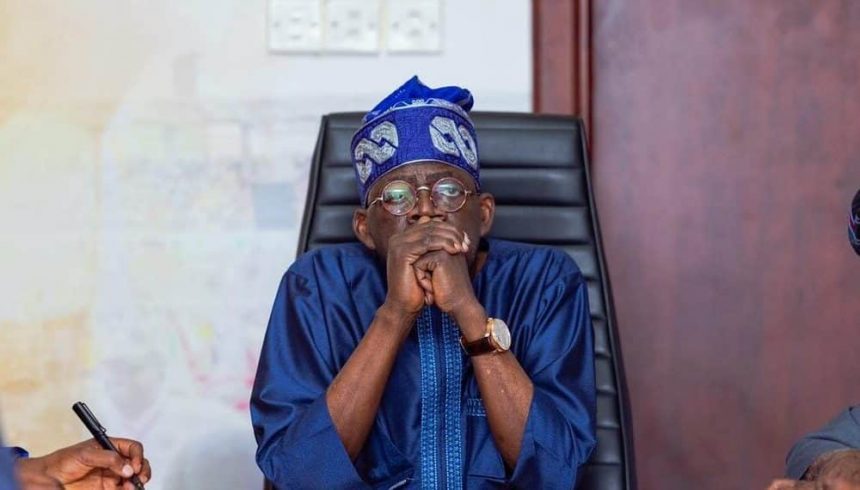The burial of former Nigerian President Muhammadu Buhari in his hometown of Daura, Katsina State, has ignited debates about the political future of the ruling All Progressives Congress (APC) as the nation looks toward the 2027 general elections. Buhari, a former military leader and two-term civilian president, was laid to rest on Tuesday in a ceremony attended by national and international dignitaries, marking the end of an era for a figure long seen as the APC’s unifying force.
Buhari’s death coincides with significant shifts in Nigeria’s political landscape. The opposition African Democratic Congress (ADC) has unveiled a coalition led by high-profile figures, including former Vice President Atiku Abubakar, ex-Transport Minister Rotimi Amaechi, former Kaduna Governor Nasir El-Rufai, and Labour Party’s Peter Obi, all pledging to challenge President Bola Tinubu’s re-election bid. Analysts suggest Buhari’s absence could destabilize the APC, which relied heavily on his influence in northern Nigeria, where he consistently secured around 12 million votes across multiple elections.
APC chieftain Wahab Owokoniran acknowledged the loss but expressed confidence in Tinubu’s political strategy. “Tinubu has built alliances for decades and will consolidate these networks,” he said during a televised interview, comparing Buhari’s departure to the post-Yar’Adua era, when Buhari himself emerged as a new rallying point. However, critics argue that Buhari’s legacy is double-edged: while his endorsements once guaranteed electoral success, his administration’s economic policies reportedly deepened poverty, fueling public discontent.
Salihu Lukman, a former APC member now aligned with the ADC, emphasized that without Buhari’s symbolic authority, politicians must adopt more grassroots engagement. “Leaders can no longer rely on a single figure to sway voters. They need to listen to citizens’ needs,” he noted, highlighting the coalition’s focus on addressing economic hardship. Public affairs analyst Nduka Odo echoed concerns about the APC’s vulnerability, citing internal rifts and the defection of key northern leaders to the ADC. He pointed to rising tensions within the presidency, including speculation about Vice President Kashim Shettima’s potential replacement, as further weakening the party’s cohesion.
The APC faces additional challenges in retaining Buhari’s loyalist base, particularly in the north, where centralized political traditions often tie voter behavior to prominent leaders. Yet with inflation and unemployment at record highs, analysts caution that economic realities—not just political allegiances—could dominate the 2027 polls. As Nigeria navigates this transition, the ruling party’s ability to balance Buhari’s legacy with evolving voter priorities will determine its prospects in a post-Buhari era.
